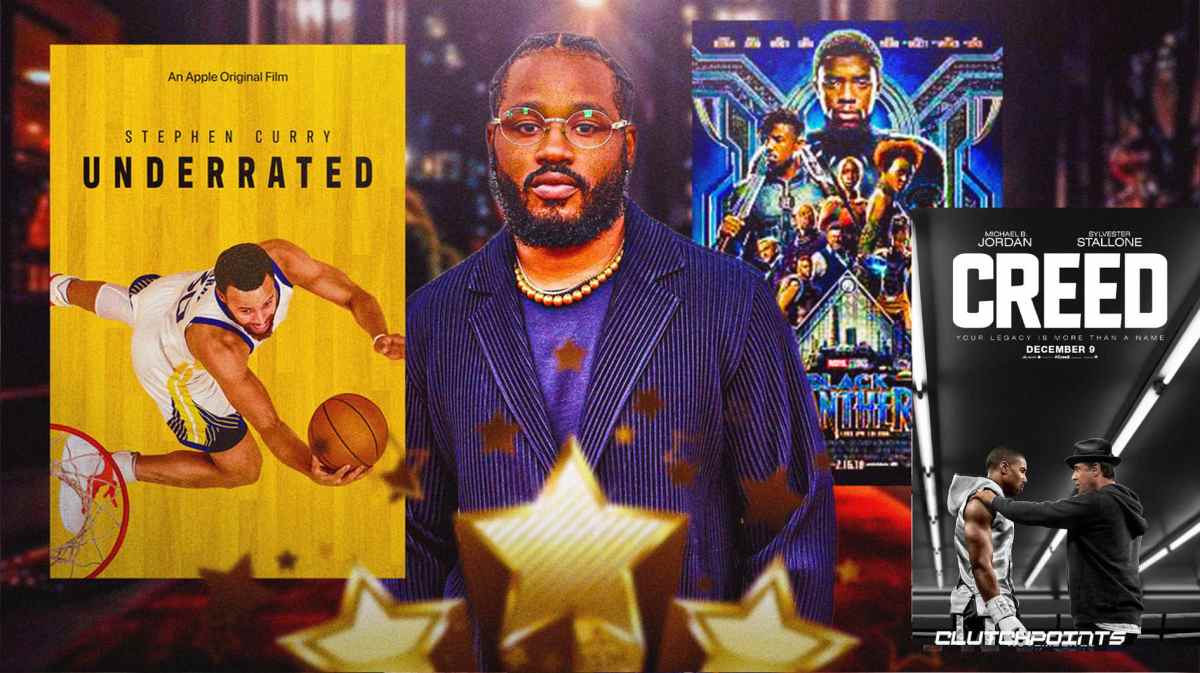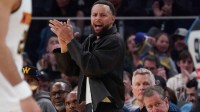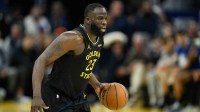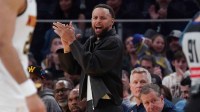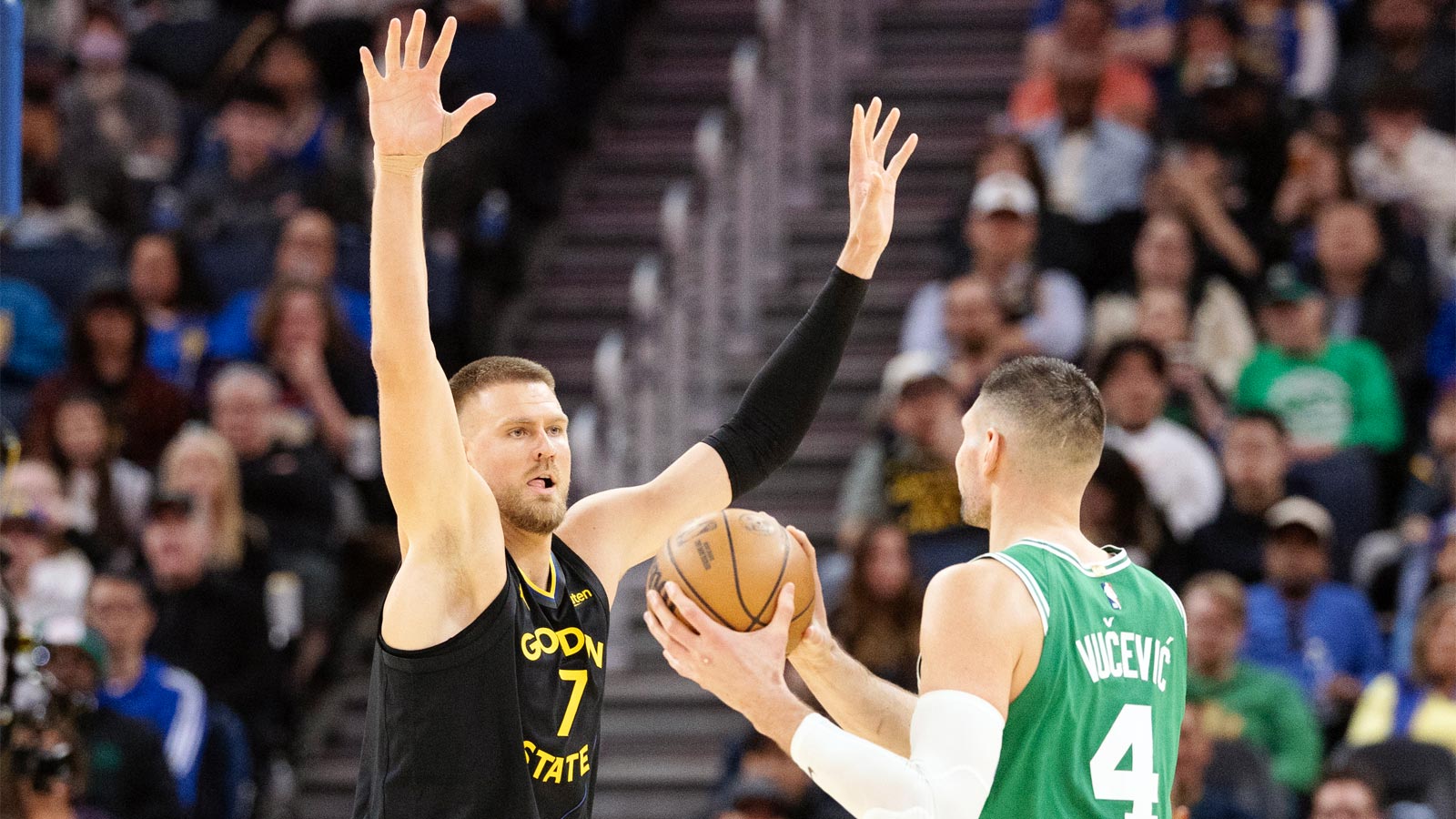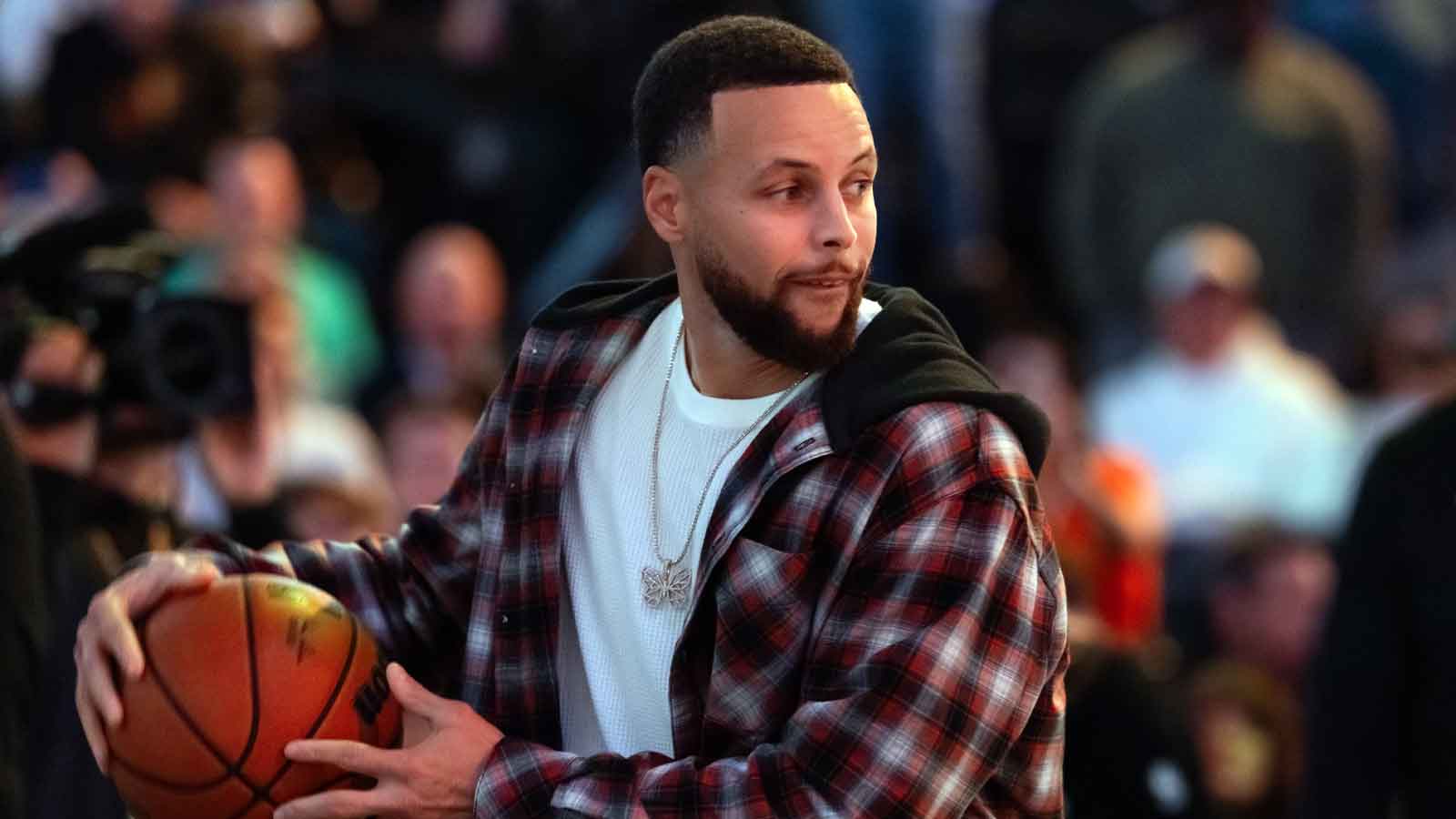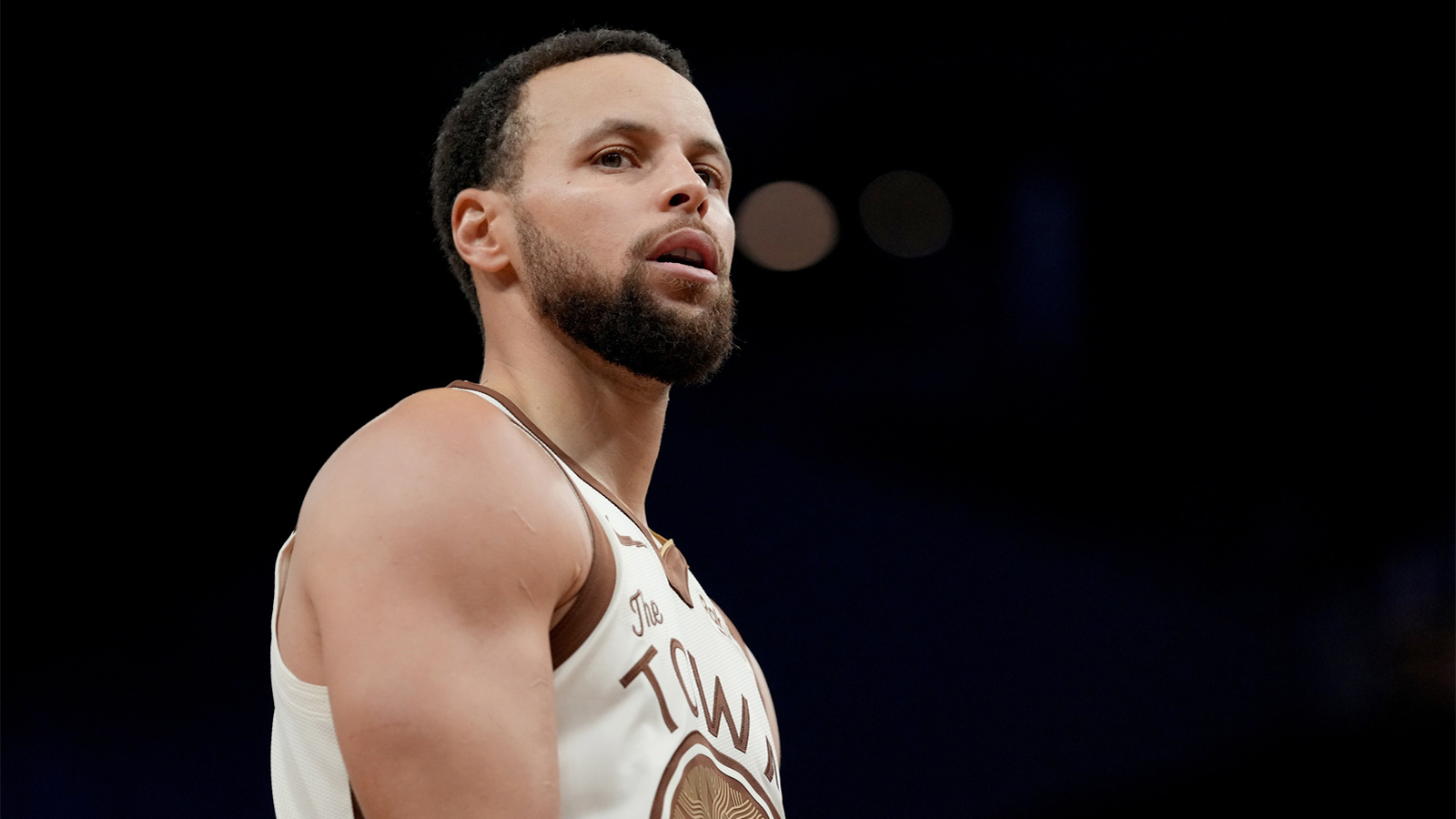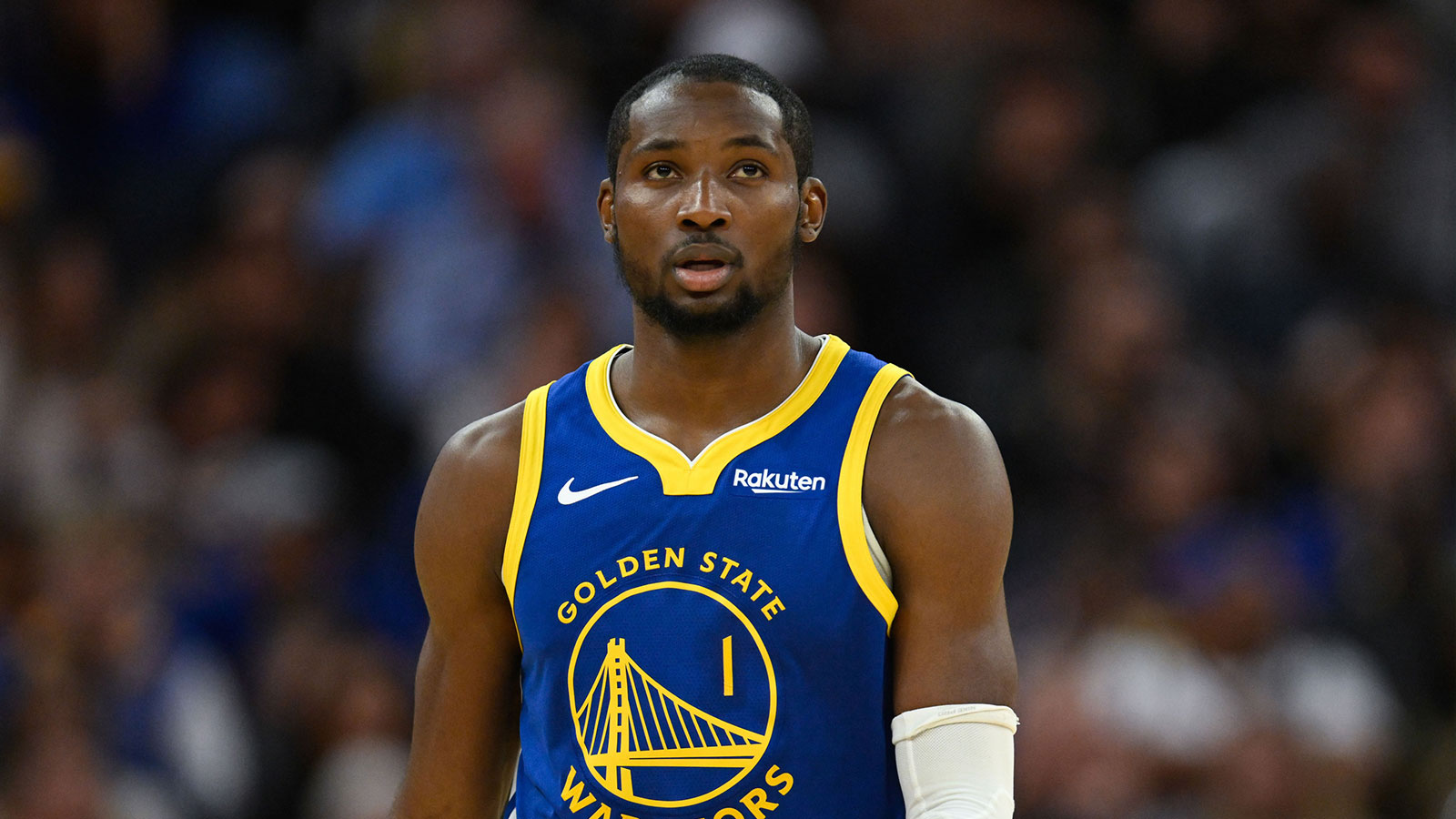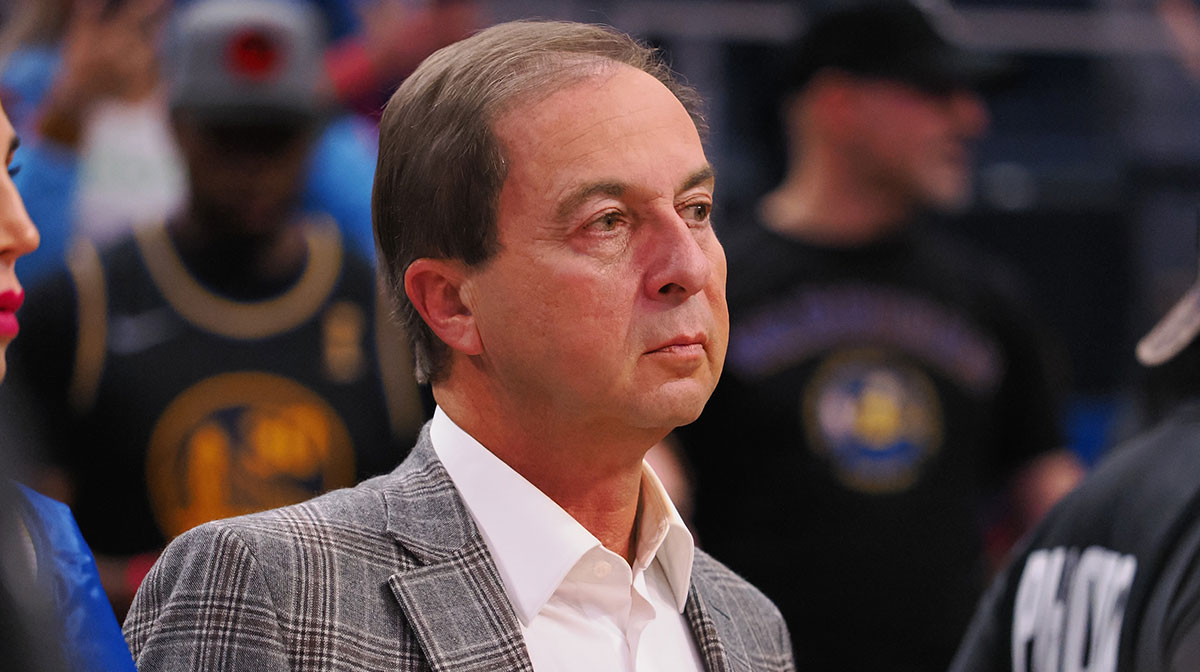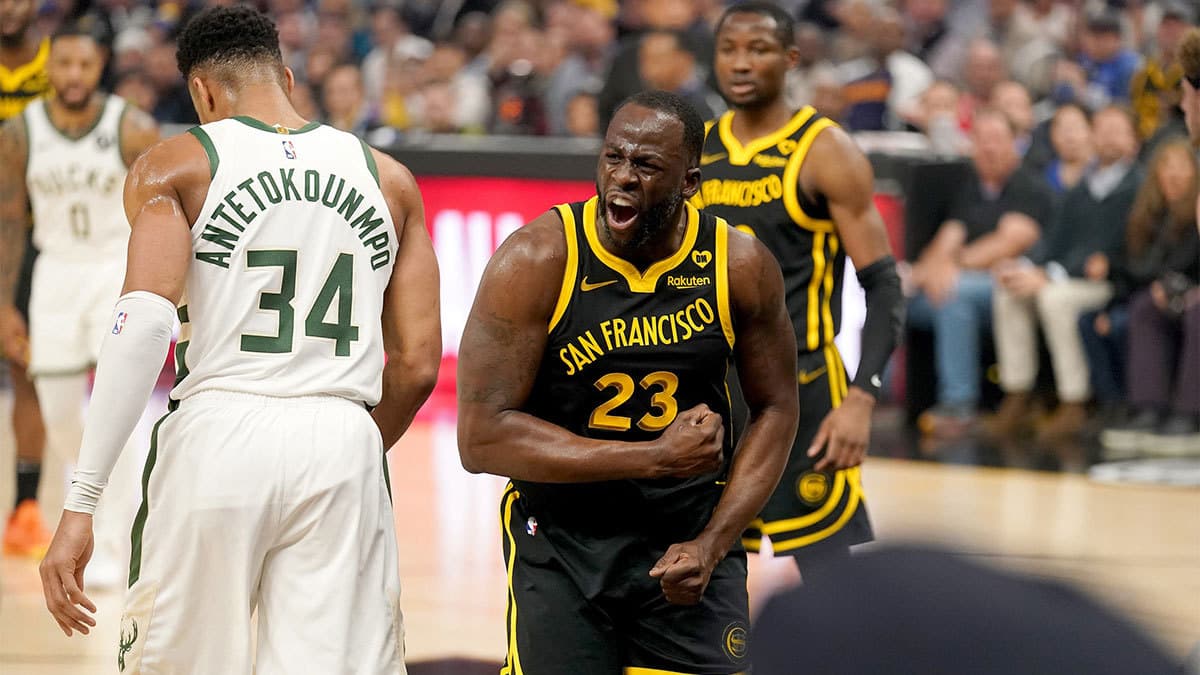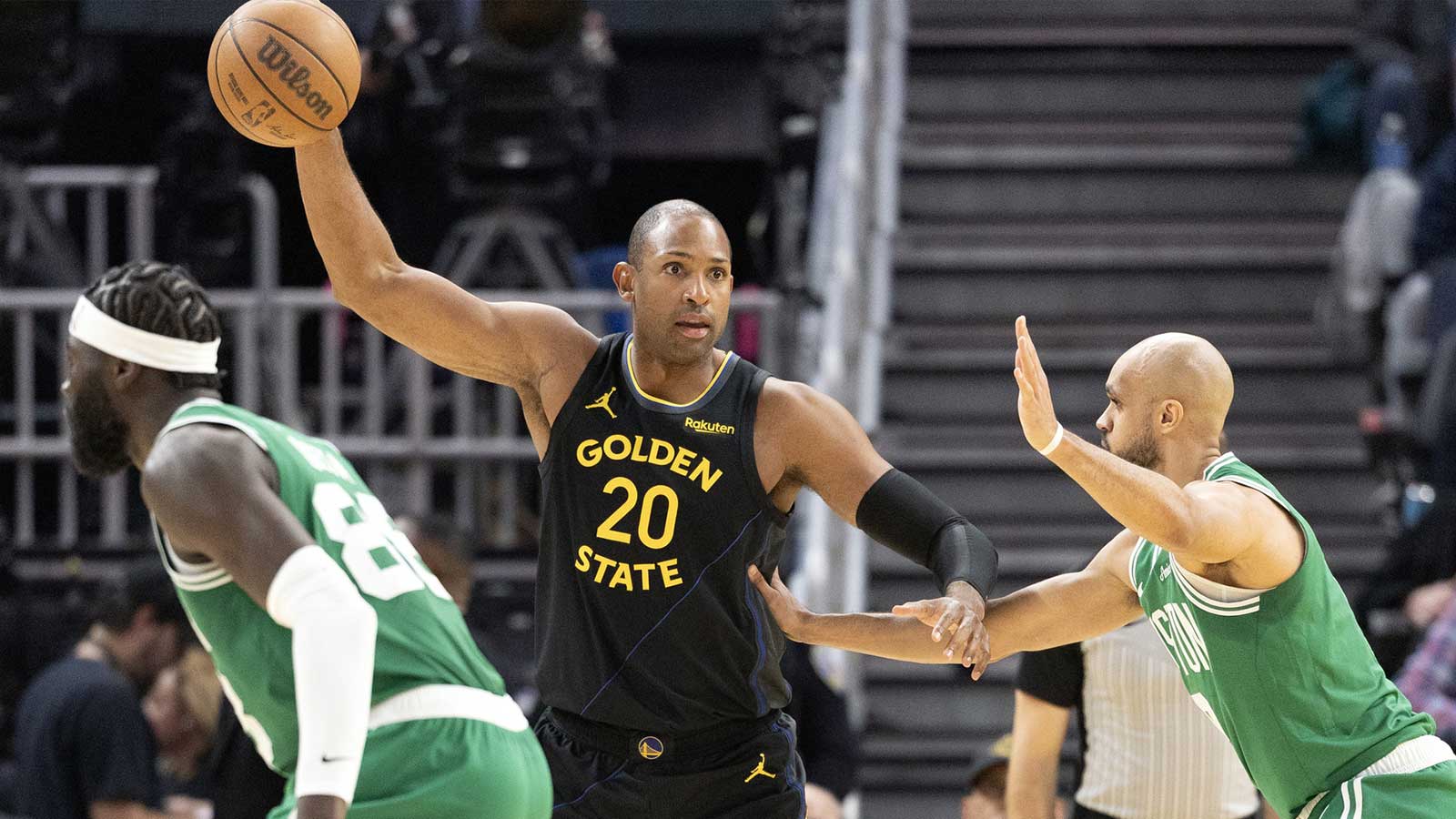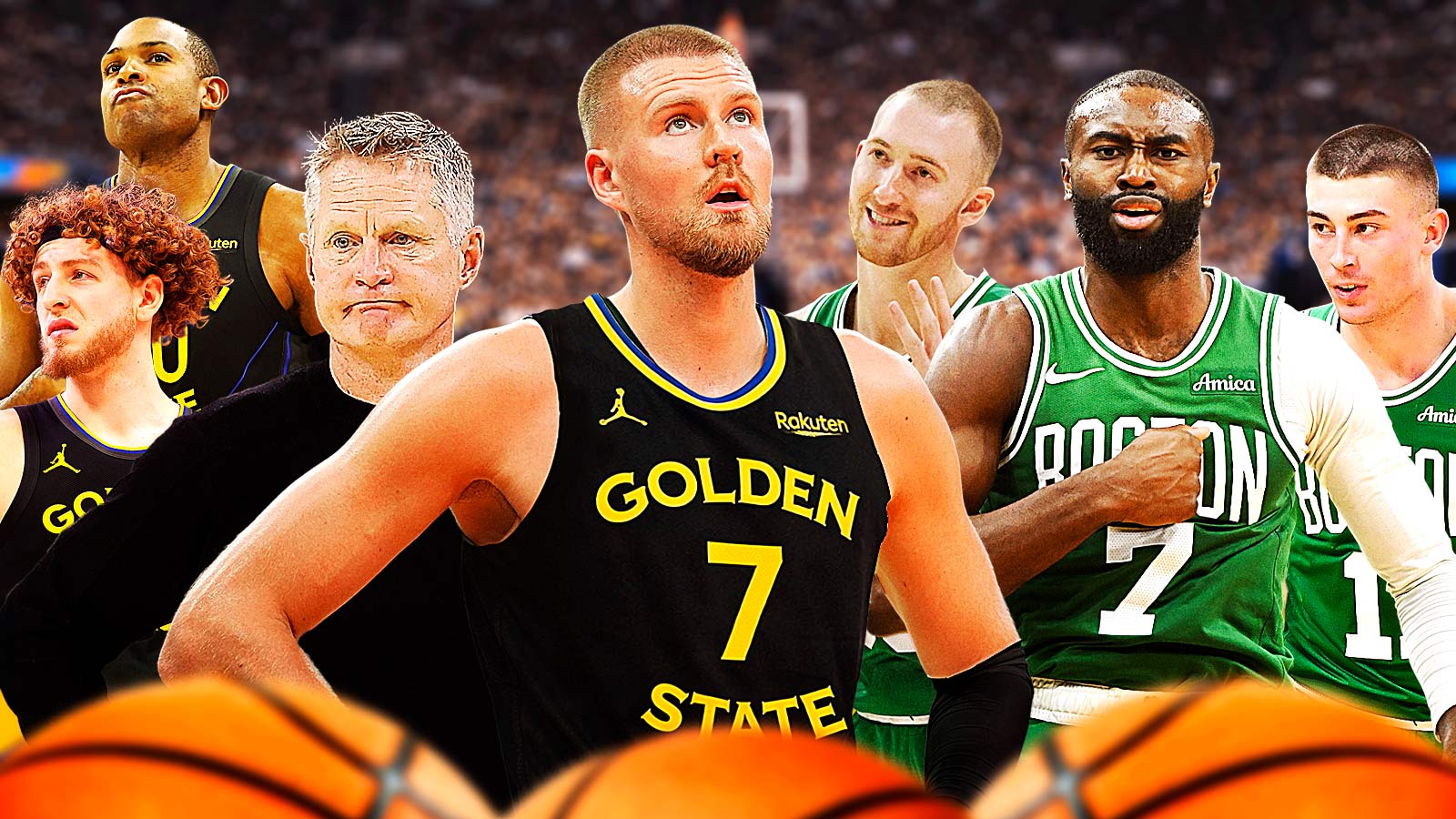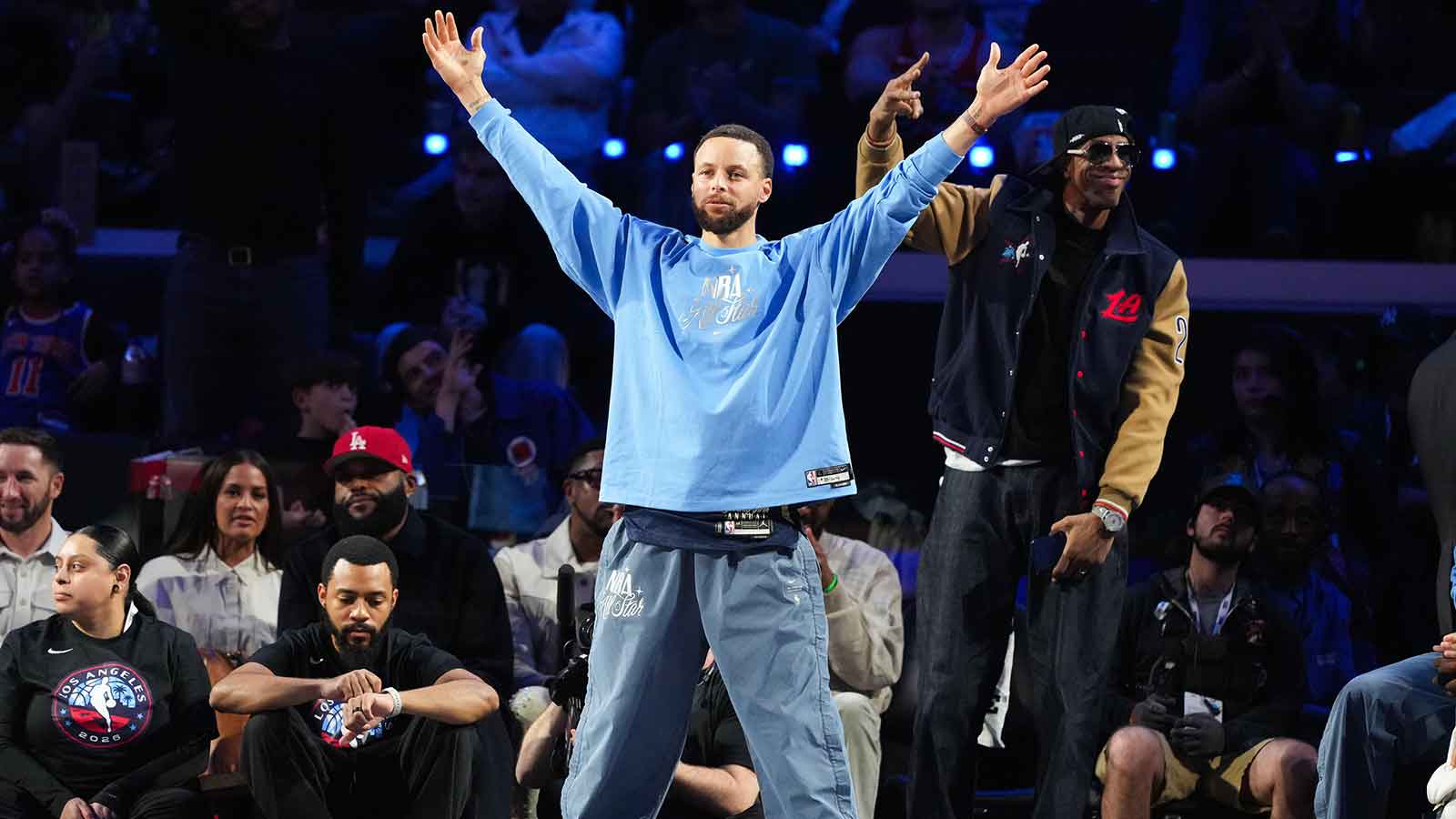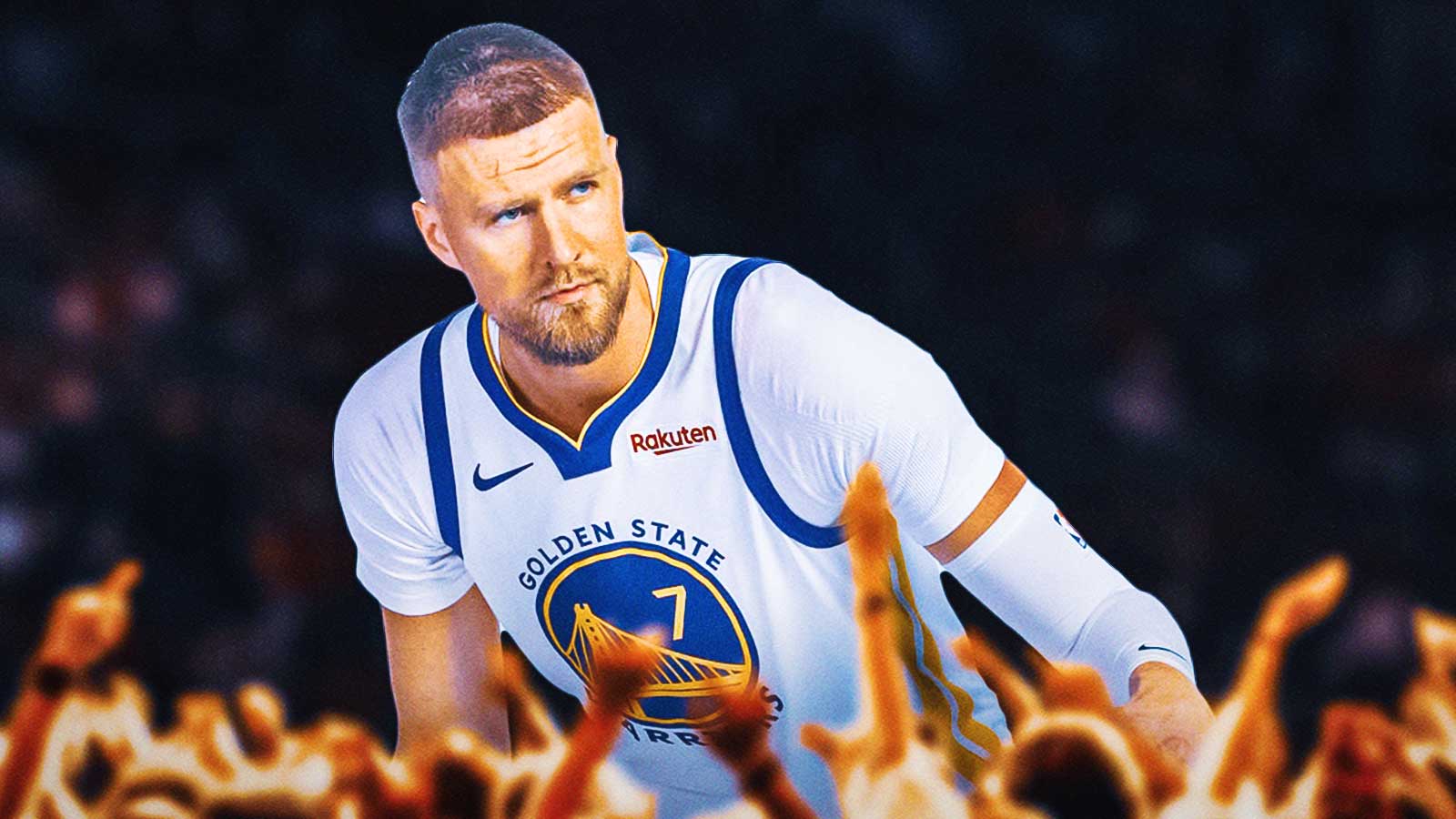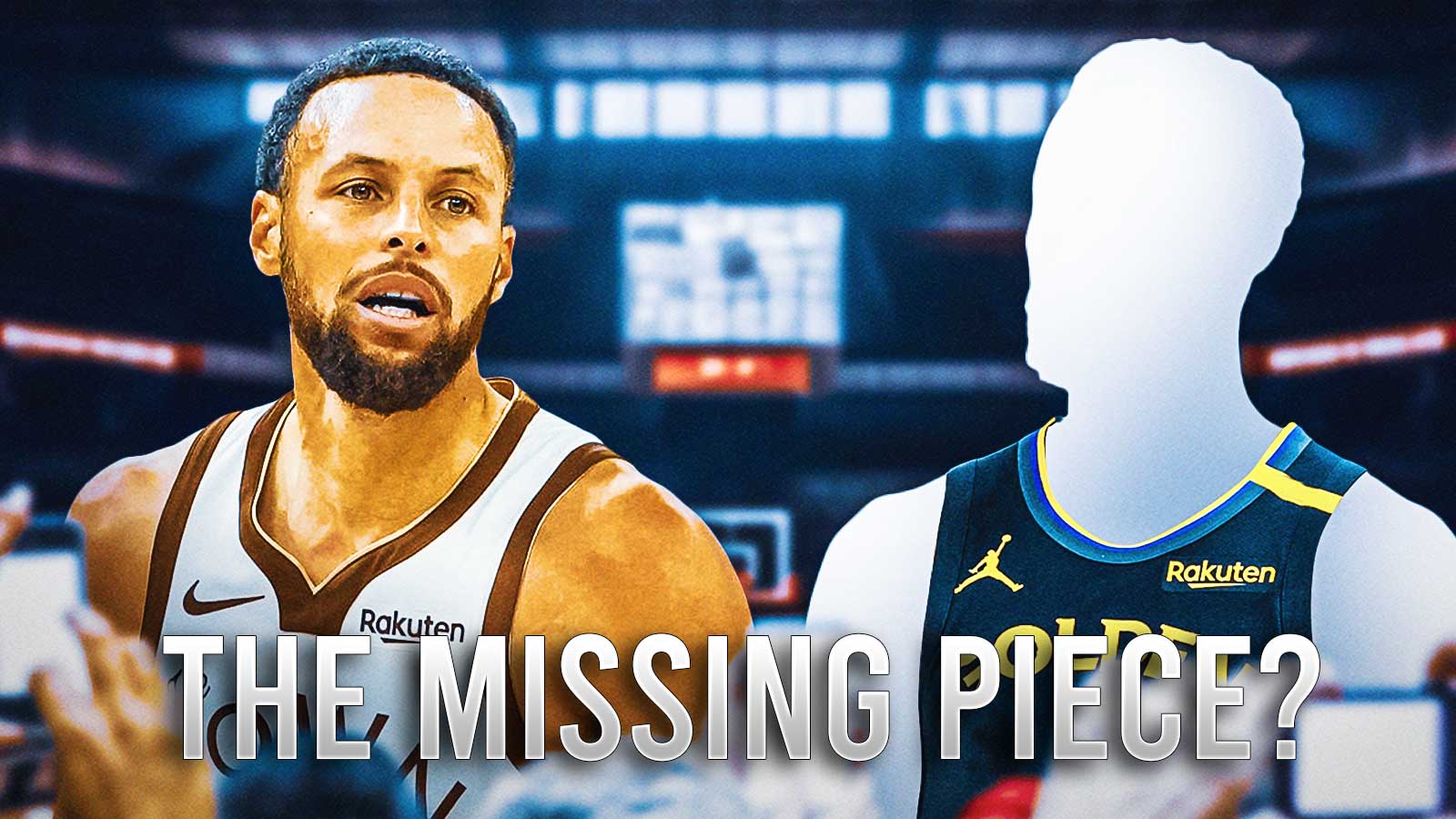Sometimes a tragedy can end up being a blessing in disguise. Stephen Curry: Underrated is the new Steph Curry documentary about the legendary Golden State Warriors point guard, and ClutchPoints was supposed to speak to director Peter Nicks. A situation came up, and Ryan Coogler, who served as a producer on the documentary, stepped in to speak about it.
Getting to speak to Coogler is a bucket list kind of interview, as all of his directorial outings have been great, from Fruitvale Station to Creed to Black Panther. From the very get-go, you could feel the type of warmth you'd expect from a good friend. He was in a time crunch due to another interview, but he was very generous with his time and made sure to give thoughtful answers to each of my questions.
ClutchPoints spoke to Ryan Coogler over the phone, who was clearly eager to talk about the Steph Curry documentary. He joked about how his basketball shot has worsened after working on the project, the jump from indie filmmaking to blockbusters, and opened up about the ongoing SAG-AFTRA and WGA strikes that he called “incredibly important.”
Ryan Coogler interview (Stephen Curry: Underrated)
ClutchPoints: I just had to start by asking kind of a fun question. I don't know how much basketball you play, but I imagine as a producer you've probably seen this film a good number of times and probably have watched Steph Curry play. After seeing all that, has your basketball shot improved at all?
Ryan Coogler: [laughs] I'm gonna be honest with you bro, I just almost fell on my a*s in this hotel room. I'm so far away from being an athlete anymore, I think my basketball shot probably got worse [working] on this movie.
CP: Really?
RC: Yeah, just cause my confidence is crushed every time I see Steph shoot, you know what I mean?
CP: Obviously, Hollywood doesn't really have a draft like the NBA or any major sports league does, but I'm curious because when you went into feature filmmaking out of college — what would you think your draft profile as a director would say if there was a Hollywood draft? If it's any easier, maybe just maybe list a couple of attributes you think were good at in college or maybe a flaw or two that you might have seen yourself when you were a younger filmmaker if that's easier.
RC: I would say my strengths were probably realism, with [a] weakness probably [being] anything with visual effects, coming out of school. I was taking a class [on VFX], but I hadn't really applied it much in my three-and-a-half years there.
So I would say [I would] probably get a checkmark for working well with others [and] probably get a minus for delivering on time — I would always take too long on my assignments.
CP: That's interesting because you spoke about failing to get things done on time and also you mentioned visual effects. I'm curious because when you did make the jump eventually to blockbuster filmmaking — especially with something like Marvel — I'd imagine that's all done on a more condensed time crunch, right? And with visual effects, when was the turning point for you when that suddenly clicked?
RC: Honestly, bro, my most condensed time crunch was [on] my first movie, actually. I got more time with bigger movies.
But s**t, with VFX, I learned a lot on each one. Like, Fruitvale [Station] surprisingly had, like, 100 VFX shots. So I learned on that one, and then Creed had several hundred, and then both Black Panther movies had thousands. So I kind of “stair-stepped up” when it came to VFX.
CP: You just mentioned Fruitvale Station, which is an amazing movie. I love that film. That premiered at Sundance what, like a decade ago now? It's been a long time. I know Stephen Curry: Underrated also premiered at Sundance this year — I don't know if you happen to go this year or not for the film, but if you did—
RC: I did.
CP: Could you compare the experience of going as a first-time feature-length director to now going as a producer of this new documentary about a high-profile athlete?
RC: I think 10 years ago, I hadn't had a lot of professional experience with publicity — I'd never done a press junket, you know what I'm saying? I'd never spoken with a journalist about my work. I hadn't met any distributors formerly, I hadn't interacted with film criticism on one of my projects. It was a different beast and it was only my second time at the festival. So I was still learning it as an attendee.
A few months ago, when we went for Underrated, everything was [the] total opposite. Like, I knew the festival well — I'd been there several times — and then I prepped for it.
Folks were excited about the movie. Steph was there [and ] all the media attention that comes with an athlete of that caliber. It was [a] pretty radically different experience but both [were] really enjoyable.
CP: You said when you were at Sundance for Fruitvale Station, you weren't used to talking to distributors and stuff like that. A24 and Apple TV+ are distributing Underrated. Because you've worked with quite a few different studios, whether it's MGM or Disney, can you talk to me about A24, who's so popular on the indie scene?
RC: Yeah, man — it's been great! I met some of those folks in 2013 when I was at Cannes [Flim Festival] for Fruitville. They were there with The Bling Ring. That was the first time that I heard about them and met someone from the company, so I kind of watched their growth like everybody else.
And working with them on the nonfiction side was pretty seamless. They were already attached to the project before we [Proximity Media] came on board. Stephen [Curry] and Erick Payton from Unanimous had already made a connection and an agreement — so we were the third piece to the puzzle. So they were already there, and Ben Cotner, who's not with them anymore. But Ben, he was there at the time, [and] he was great to work with.
CP: You haven't directed a documentary feature yet, but you probably worked closely with acclaimed documentary filmmaker Peter Nicks on Underrated. Was there anything you learned from him on this film and is there a subject that you'd like to do a documentary on as a director?
RC: So Pete actually is a good friend. I've known him since 2012 and love his movies. He runs Nonfiction for us in our company, Proximity Media. So I work with Pete every day. I get to learn from him every day.
And watching him [working] on this film, what I learned was how to respectfully use access, you know? He was very strategic about when he asked for access from Steph, when he gained it, [and] how he planned for it. We were making a movie about a basketball player who was chasing a championship and a three-point record at the time, and the unpredictability of where he might break the record or what might end up happening with the season necessitates a lot of planning and prediction analysis on pace, and watching him negotiate when to send the crew out to the East Coast, or when to stay home, or when to save money, when to spend it, was something that was really, really cool.
And as far as subject matters of documentaries for myself — I'm not sure, man, but I hope to make something one day.
CP: You directed the first Creed movie, which I just watched again recently, which is still great—
RC: Aw, that's kind of you to say.
CP: And with each Creed movie, you've kind of taken on a different role, whether it's producing, and then I know you have a story credit on the third. I'm sure you still talk to Michael B. Jordan a little bit, but I was curious if there was anything you saw in that film when you watched it that you saw your own influence.
RC: I never watched it with an approach of, like, centering myself, you know what I'm saying? I wish I could give you an answer. That's not how I [played] into this movie [laughs]. It was more [that] I had a job to do as a producer and frankly, as a friend, you know, helping another filmmaker who I believe in to make his first movie.
And my brother [Keenan Coogler] was one of the screenwriters on it along with Zach Baylin, another creative I really respect, so I was trying to be there for everybody and help them make the best film [that] they could make. I wasn't really thinking about, like, what somebody may have done for me or whatever.
CP: Now that Underrated is finally coming out this week after premiering at Sundance — and the whole process sounds like it has been a long time coming — what are you doing now? Are you taking a break, or are you gonna keep working? I know that there are strikes going on that probably impact your work.
RC: Right now, there are a couple of incredibly important strikes happening. One in the union that I'm a member of — the WGA — and another in a union that I work with every time I gotta work [and] make a film, the Screen Actors Guild [SAG-AFTRA]. [They're] very important moments right now [because] the whole world is watching just from a labor perspective and how labor interacts with corporations.
So I'm operating right now in solidarity with my union and thankfully with Underrated, it started with non-WGA generated work and it's a nonfiction piece, [so] we're able to still work in that capacity and we work at full capacity on that side of our company at Proximity [Media].
But for all the other stuff, man, we're not working at all in solidarity with our comrades.
Stephen Cury: Underrated will be released in select theaters and streaming on Apple TV+ on July 21.

